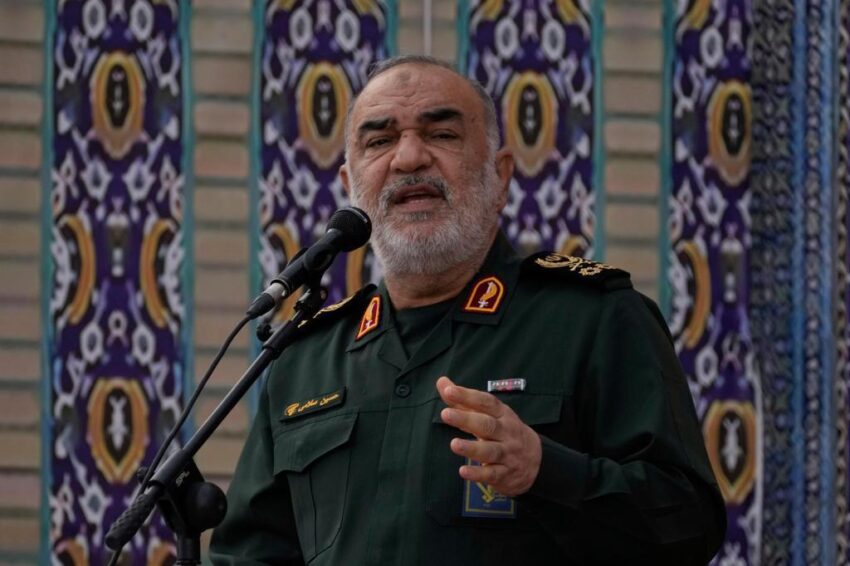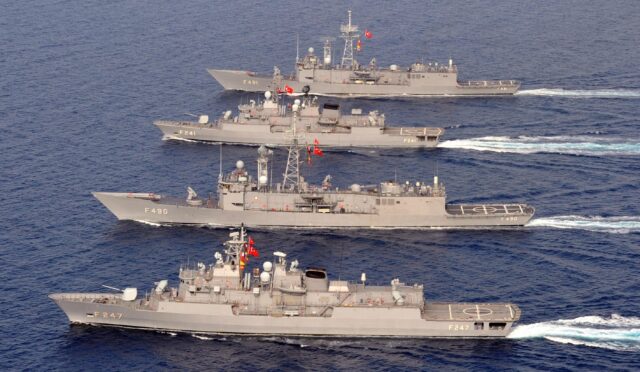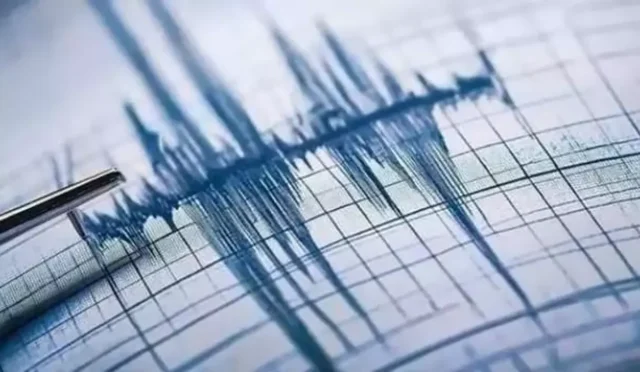Hossein Salami: A Legacy of Conflict and Controversy
Iran’s Revolutionary Guard Corps chief, Hossein Salami, was killed on Friday during an Israeli airstrike in Tehran, a shocking development that has sent ripples through the Iranian military and political sectors. Salami was a veteran commander closely aligned with Supreme Leader Ayatollah Ali Khamenei, known for his fiery rhetoric against Israel and its primary ally, the United States. “If you make the slightest mistake, we will open the gates of hell for you,” Salami ominously declared during an inspection of an underground missile facility earlier this year.
Born in 1960 in central Iran, Salami became a member of the Islamic Revolutionary Guard Corps in 1980, coinciding with Iraq’s brutal invasion of Iran. His entire military career was dedicated to this force, which was created following the 1979 Islamic Revolution to protect the new regime’s ideals. While Iran has not disclosed official troop numbers, estimates suggest that the Guards have grown to about 125,000 personnel according to the International Institute for Strategic Studies.
Rise Through The Ranks
Salami’s ascent through the ranks of the Revolutionary Guards was marked by significant roles, including his leadership of the Guards’ aerospace division. His prominent position led to his inclusion on Washington’s sanctions blacklist due to his close ties with Iran’s controversial military objectives. After serving as deputy commander for nine years, he was appointed commander in 2019 amidst a major leadership overhaul.
The ideological underpinnings of his leadership were shaped by the teachings of Ayatollah Ruhollah Khomeini, whose support for Palestinian causes became a keystone of Iranian foreign policy. Salami often echoed calls for the destruction of Israel, famously stating in a 2018 address that Prime Minister Benjamin Netanyahu would soon need to ‘learn to swim in the Mediterranean Sea,’ foreseeing a potential escape amid conflict.
Support for Militant Groups
Under Salami’s command, the Revolutionary Guards took on an assertive role in Iran’s foreign policy, particularly in the Arab world. They provided crucial support to militant groups such as Hamas and Hezbollah, engendering significant tensions with Israel. This support has been part of broader Iranian strategy, which saw conflicts in Gaza and Lebanon escalate significantly, further complicating the Middle East’s volatile landscape.
Last year marked a historic turning point with the first direct exchanges of fire between Iran and Israel, showcasing the burgeoning hostility. This escalating conflict ultimately culminated in the wave of Israeli airstrikes that occurred on Friday, including the targeted strike that resulted in Salami’s death.







